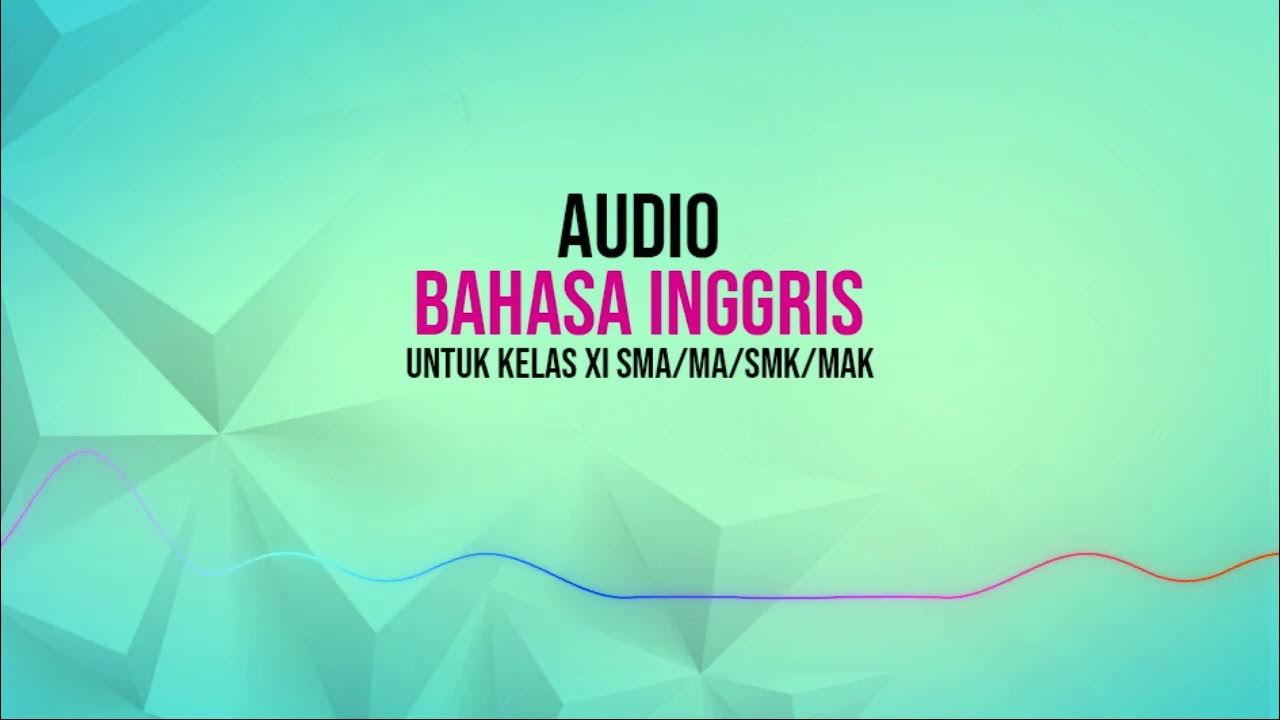Uncovering all manipulation tactics in 5 minutes
Summary
TLDRThe video script explores various manipulative tactics used in politics and propaganda, including false flag operations, where groups disguise their true actions; propaganda, which shapes public perception through selective messaging; and astroturfing, creating false support to manipulate opinion. It also covers dog whistling, where politicians use coded language to signal specific groups, and salami tactics, which involve gradually eroding rights through small, unnoticed changes. Red herrings distract from important issues, while fear-mongering employs exaggerated threats to instill fear and gain support. Together, these tactics highlight the intricate ways information is manipulated to influence public opinion.
Takeaways
- 😀 False flag operations involve deception where one group commits an act but blames another, often to justify military actions.
- 🎭 Propaganda is the use of biased messages to manipulate public perception, emphasizing selective information to sway opinions.
- 🌱 Astroturfing creates an illusion of grassroots support by manufacturing fake endorsements or positive reviews.
- 🐶 Dog whistling employs coded language that seems innocuous but carries hidden meanings for specific audiences.
- 🥪 Salami tactics involve gradual, unnoticed changes that lead to significant shifts in power or policy over time.
- 🐟 A red herring is a diversion tactic that distracts from the real issue, shifting focus to unrelated topics.
- ⚠️ Fear-mongering is the practice of inducing fear in the public to manipulate their reactions and support for specific agendas.
- 🪞 Deception is central to many political strategies, with tactics designed to obscure the truth and manipulate perceptions.
- 📊 These tactics can erode trust in public institutions by creating a landscape where information is frequently distorted.
- 🗣️ Recognizing these strategies is crucial for critical thinking and informed decision-making in political discourse.
Q & A
What is a false flag operation?
-A false flag operation is when one group commits an act but makes it look like another group is responsible. This tactic is often used to manipulate public perception and justify actions, such as war.
How do governments use propaganda?
-Governments use propaganda to influence public opinion by disseminating messages that evoke strong emotions like fear or pride. This is done through repeated exposure to carefully crafted information that supports a specific viewpoint.
What is astroturfing and how does it work?
-Astroturfing creates the illusion of grassroots support for a cause or product by hiring individuals to post fake positive reviews or comments online. This tactic deceives people into thinking there is widespread approval when, in fact, there is not.
Can you explain the concept of dog whistling in politics?
-Dog whistling refers to using language that appears harmless but carries a hidden meaning understood only by a specific audience. For instance, politicians might use coded phrases to convey messages to their supporters without alerting the general public.
What are salami tactics and how do they function?
-Salami tactics involve achieving significant objectives through small, incremental changes that go unnoticed. This method allows leaders to gradually erode rights or freedoms, making it difficult for the public to recognize the overall impact until it is too late.
What is a red herring and its purpose in discussions?
-A red herring is a distraction meant to divert attention from the main issue. In discussions, introducing an irrelevant topic can shift focus away from critical questions, preventing meaningful dialogue.
How does fear-mongering influence public behavior?
-Fear-mongering uses exaggerated threats or dangers to create fear among the populace. This fear can lead people to support specific agendas or plans, often without critical evaluation of their actual merits.
Why are these tactics considered manipulative?
-These tactics are manipulative because they exploit human emotions and cognitive biases to control perceptions and behavior. By obscuring the truth or redirecting attention, they undermine informed decision-making.
What role does repetition play in propaganda?
-Repetition in propaganda reinforces the message, making it more likely to be accepted as truth. By continuously exposing the audience to the same ideas or images, the information becomes ingrained in public consciousness.
How can individuals recognize and defend against these tactics?
-Individuals can recognize these tactics by being critical consumers of information, questioning sources, seeking diverse perspectives, and remaining aware of emotional appeals designed to manipulate their opinions.
Outlines

Cette section est réservée aux utilisateurs payants. Améliorez votre compte pour accéder à cette section.
Améliorer maintenantMindmap

Cette section est réservée aux utilisateurs payants. Améliorez votre compte pour accéder à cette section.
Améliorer maintenantKeywords

Cette section est réservée aux utilisateurs payants. Améliorez votre compte pour accéder à cette section.
Améliorer maintenantHighlights

Cette section est réservée aux utilisateurs payants. Améliorez votre compte pour accéder à cette section.
Améliorer maintenantTranscripts

Cette section est réservée aux utilisateurs payants. Améliorez votre compte pour accéder à cette section.
Améliorer maintenantVoir Plus de Vidéos Connexes

Astroturf and manipulation of media messages | Sharyl Attkisson | TEDxUniversityofNevada

The Power of Propaganda & Psychological Warfare

A Guide to Propaganda

AUDIO BAHASA INGGRIS UNTUK KELAS XI SMA/MA/SMK/MAK

The Social Dilemma – Bonus Clip: The Democracy Dilemma

War of narratives: Hezbollah and Israel accused of using propaganda
5.0 / 5 (0 votes)
